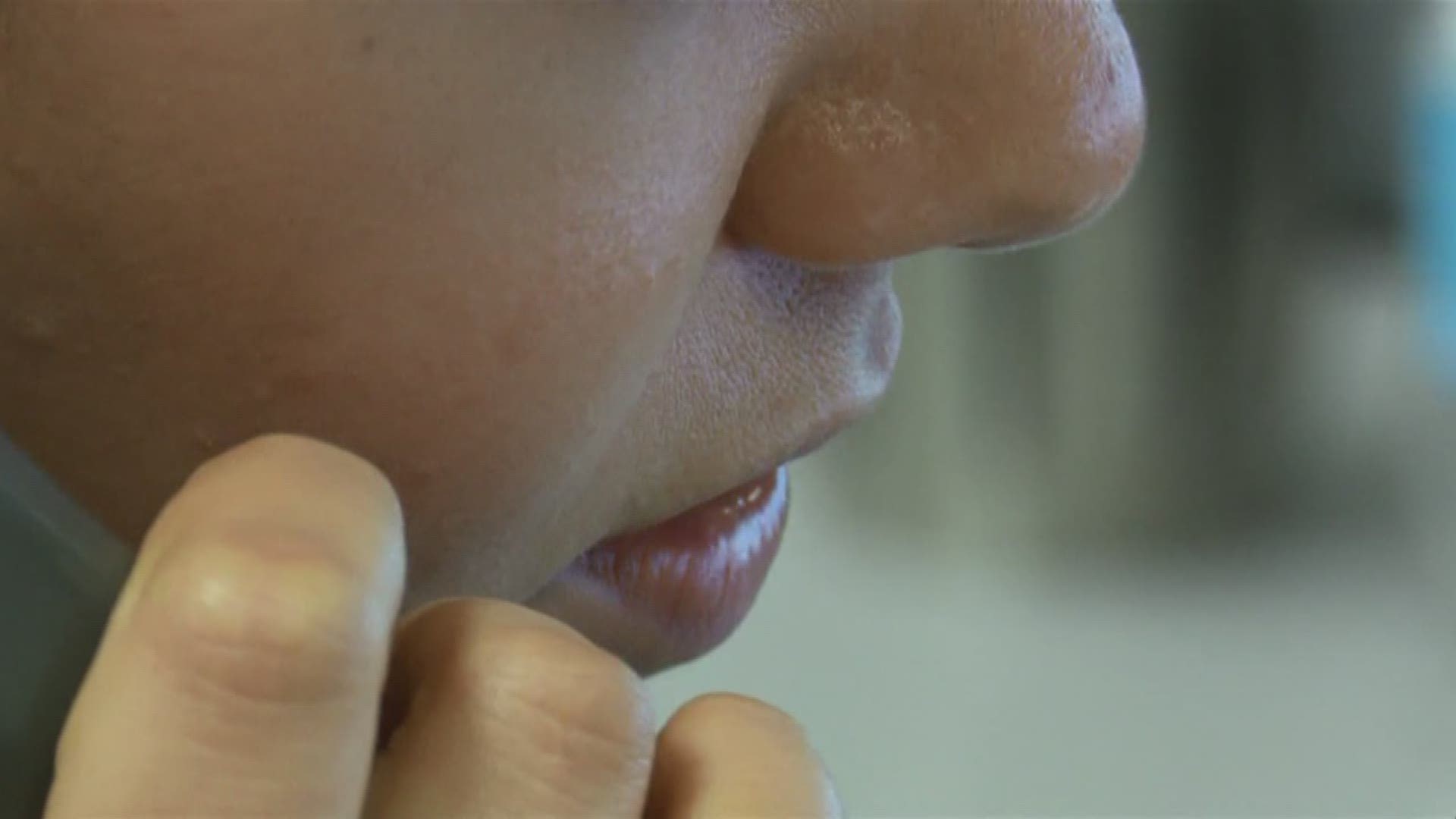Viewers called KENS 5 expressing concerns over phone calls asking for donations to help fallen officers, firefighters, and even the Wounded Warrior Project.
We went to find out if a legitimate charitable organization will ever call you asking for donations.
"Our community really does care about our police department and our firefighters. So when something happens, they want to inherently help," Rina Grona, former Membership Director of the 100 Club of San Antonio said.
On the heels of tragedy in San Antonio, scammers are hard at work trying to take your hard-earned money.
"In this case, they try to use emotion and that sense of sympathy and empathy that we have for somebody that suffered a traumatic event and we want to help their family," Miguel Segura, Regional Director for the Better Business Bureau said.
Viewers reported a phone scam from a 210 number asking for donations for first responders and wounded warriors.
"People think of scammers and they think they're overseas," Segura said. "It's not like that all the time. There are scammers that live here and watch our news and know what's happening. They will take advantage of what's going on."
Wounded Warrior Project, for example, does not call for donations unless they have previously established a relationship with someone.
"Most of your legitimate nonprofits will not make phone calls," Grona said.
The 100 Club of San Antonio will refer the public to their website for donations.
Be wary. This scam is also circulating on social media.
"They'll start GoFundMe pages and Facebook pages saying they're helping the local law enforcement and firefighters injured or killed in the line of duty," Grona said. "It's sad because they jump on the pain that not just the family is going through, but the police department is going through and their families are going through."
To avoid being scammed, here are some tips from the Better Business Bureau:
- Be extra careful after a major disaster or tragedy. Scammers will strike while the emotional iron is hot. As a result, the donating public needs to be especially on guard when reacting to headlines featuring hardship and injuries that disasters and tragedies bring.
- Ask important questions. What's the plan? How are they going to carry it out? What is their connection to the event (are they a victim's relative, friend, neighbor, etc.)? Organizations raising funds should get permission from the families to use either the names of the victims and/or any photographs of them. Ask if a donation is tax deductible. While some families may decide to set up their own assistance funds, be aware that such funds may not be set up as charities. As a result, the contributions may not be deductible as charitable gifts for federal income tax purposes.
- Charities can be checked. Crowdfunding websites and projects produced by charitable organizations that have received 501 (c)(3) tax-exempt status provide more opportunities for verification. You can also go to third-party monitoring organizations such as the BBB Wise Giving Alliance for information on national charities and the BBB serving your community to find out about local charities.
- Give to people you know. Charity-themed projects posted by individuals provide more of a challenge in verification. Crowdfunding sites state they help provide some degree of vetting by requiring a Facebook page, PayPal account, and photo if someone seeks to launch a project. However, gatekeeper requirements alone won't prevent all fraud from taking place.
"Make sure you do enough research to make sure you're giving money to the people that actually need it," Segura said. "If somebody's not providing you the information that you need, I would think twice and stray away from contributing to that cause."
Any reputable non-profit or charitable organization will accept your money tomorrow as happy as they will accept it today.

